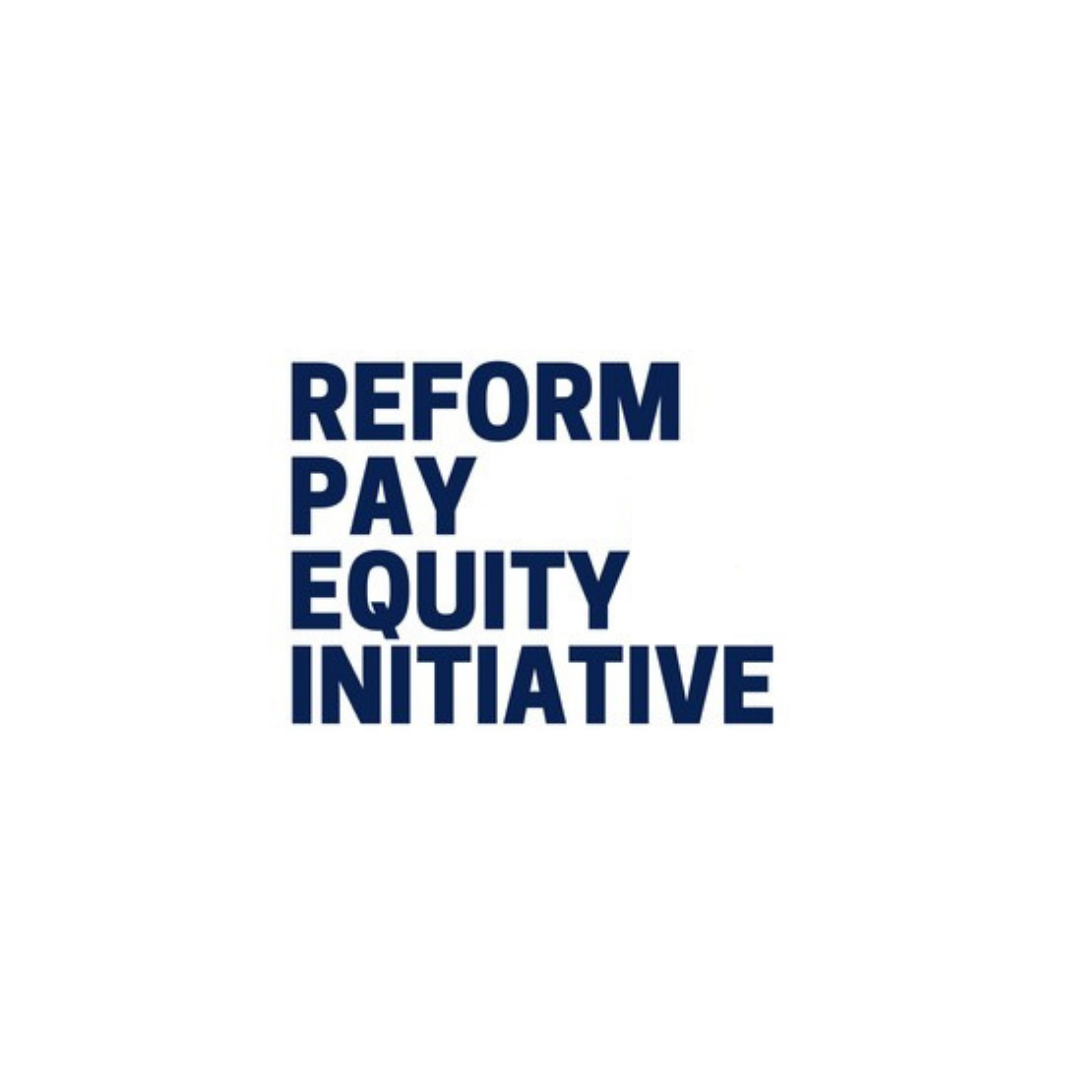Previous Salary- What Not to Ask
What’s your salary history?
How much do you think you’re worth?
What are your salary requirements?
How much did you make at your last job?
All of these questions, although common in a hiring interview, are perpetuating the gender pay gap and making it more difficult for women to earn the same amount as their male colleagues. Here are some scenarios of questions and answers that a potential employee can use to negotiate for themselves in a desired equitable platform.
Question: What salary range are you looking for?
Your Answer: “Let’s talk about the job requirements and expectations first, so I can get a sense if I am the best fit for this position.
Question: What did you make at your last job?
Your Answer: “It was comparable with the work I was expected to produce. Now, what do you see as your work expectations? ”
Question: I need to know what salary you want in order to make you an offer. Can you tell me a range?
Your Answer: “I’d appreciate it if you could make me an offer based on whatever you have budgeted for this position and we can go from there.”
Employers, in order to stay transparent throughout the hiring process, should post the salary range within the initial job listing. Otherwise, a woman systemically will make less because her previous salary is already lower than her male counterpart.
